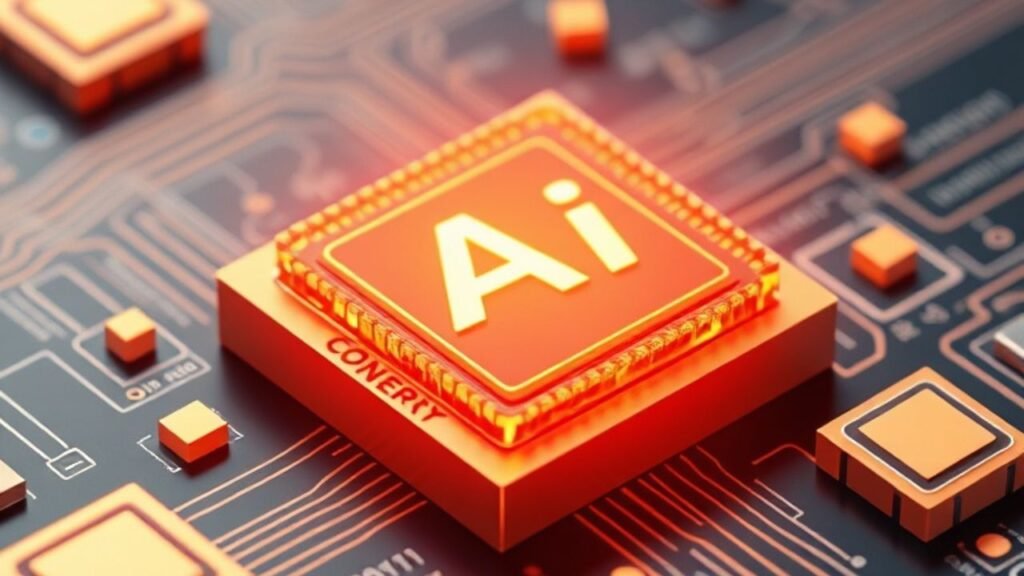Nvidia Resumes H20 Chip Sales to China.
After long wait, Nvidia resume H20 chip sales to Chine, which is AI chip and in high demand for AI products.
🎯 What Happened?
-
On July 15, 2025, Nvidia got official clearance to resume selling its H20 AI chips to China.
-
This reversal came after U.S. Commerce Secretary Howard Lutnick said that export licenses would be granted soon
🤝 Why Now?
-
Trade Deal with Rare Earths:
-
This move is tied to a broader trade agreement on rare‑earth magnets.
-
Allowing H20 exports was part of this negotiation
-
-
Strategic Control:
-
H20 is considered “fourth‑best” in Nvidia’s lineup, less powerful than its top chips.
-
The U.S. is comfortable exporting it, while keeping China from buying the most advanced models
-
-
Lobbying & Leadership:
-
Nvidia’s CEO Jensen Huang personally met with former President Trump, which helped influence the decision
-
Nvidia will now request licenses and hopes to resume shipments soon
-
📉 Impact on Nvidia
-
Nvidia’s stock rose 4–5% after the announcement .
-
The pause earlier this year triggered:
-
~$4.5 billion inventory write‑down, and
-
~$2.5 billion lost projected Q1 revenue
-
🌐 Why It Matters
-
China Market: Nvidia made $17 billion from China last year — about 13% of revenue
-
National Security: U.S. lawmakers worry that even older chips like H20 might aid China’s military AI
-
Global AI Tech: Allowing H20 keeps Chinese developers using Nvidia’s ecosystem (CUDA and software tools).
-
This supports U.S. influence and slows China from building independent AI tools .
-
📦 What is the H20 Chip?
-
A less powerful GPU, designed to comply with U.S. export rules.
-
It’s still strong and widely used, just not the newest or top-tier model
✅ Fast Summary
| Topic | What It Means |
|---|---|
| What | Nvidia can sell H20 chips to China again |
| When | Started July 15, 2025 |
| Why | Part of U.S.–China trade deal and rare-earth talks |
| Why Care | Good for Nvidia’s money, important for global AI and smart control of tech exports |
Nvidia’s has now finally able to sell chips to China and make AI products more competitive.
